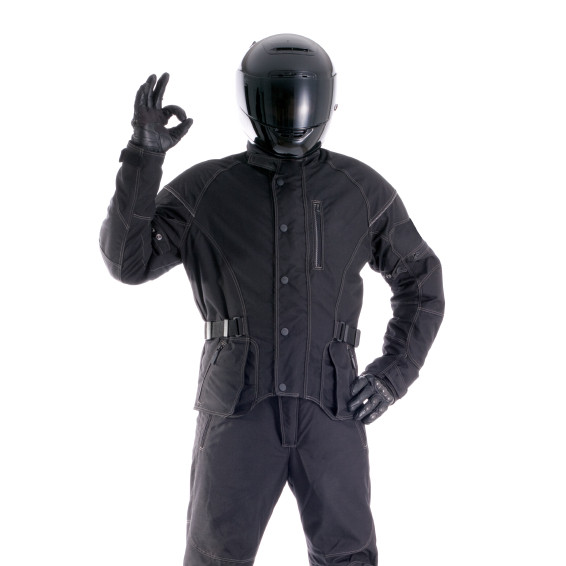Preventing Motorcycle Injury: Not Every Helmet is Created Equally

Bikers have it tough. For the most part, they're a safe group. An experienced biker knows the roads and handles himself well. No doubt, he's a smooth sailor in a short period of time, likely because he's continually adjusting for others on the road. Even still, motorcycle injuries in Charleston are far too common, and often turn deadly. A lot of the outcome has to do with whether the rider is wearing a helmet. Surprisingly, though, not every helmet is designed to provide optimum safety. Motorcycle Injury and Accident Statistics The National Highway Traffic Safety Administration (NHTSA) has released some compelling statistics about bikers and crashes.
- More than 80% of collisions either injure or kill the motorcyclist.
- More than 2,200 bikers die in accidents every year, and another 55,000 are hurt.
- Bikers are 16-times more-likely to die in a collision than a car-driver is.
- Wearing a helmet reduces the risk of death by 29%.
Choosing the Right Helmet Unfortunately, there isn't a massive agency that runs helmets through safety tests and publishes the results, like IIHS does for cars and child booster seats. The Department of Transportation sets minimum standards and verifies helmets meet them, but their data is not readily available. Even still, all helmets should come with a DOT sticker to show that they are compliant with their guidelines. The NHTSA believes that helmets that have additional testing and approval by the American National Standards Institute (ANSI) or Snell, are generally a good option as well, because their requirements tend to exceed DOT's minimum standards. When choosing the safest helmet, you should also look for: Design- The NHTSA warns riders to be wary of novelty helmets, specifically those of the German Army or skullcap design. Full-face models are generally the best choice. In addition, nothing should extend more than two-tenths of an inch from the helmet. This includes things like visor clips and spikes. On a final note, chin straps and sturdy rivets are required by the DOT as well. Weight- The materials used to create a safe helmet are heavy. If you pick up a helmet and it weighs less than one pound, don't buy it. Thickness- Safe helmets usually contain at least one inch of firm polystyrene foam. If a helmet doesn't have this, or the padding is soft, it's not a good choice.
Charleston Motorcycle Injury Attorney
The roadways aren't always safe, regardless of how much caution you exercise. A helmet and other protective gear can help keep you alive and may prevent some injuries, but there aren't any guarantees. If you've been hurt in a motorcycle collision, there's a good chance you've had to endure extensive medical treatments, repair or replace your bike, and probably have had to take time off work, too. That adds up to a whole lot of expenses with little opportunity to recoup your losses. However, if your incident was the result of someone else's negligence, you may be entitled to reparations. For a free consultation, please contact us using our online form or speak to one of our attorneys now by calling 1(800)610-2546.
Contact Us
Clore Law Group welcomes your questions about any issues concerning a serious personal injury, car accident, medical malpractice, nursing home neglect, or business tort. If you have a viable claim, we’ll explain the legal process. Since consultations are always free, there’s no cost in learning your legal options.